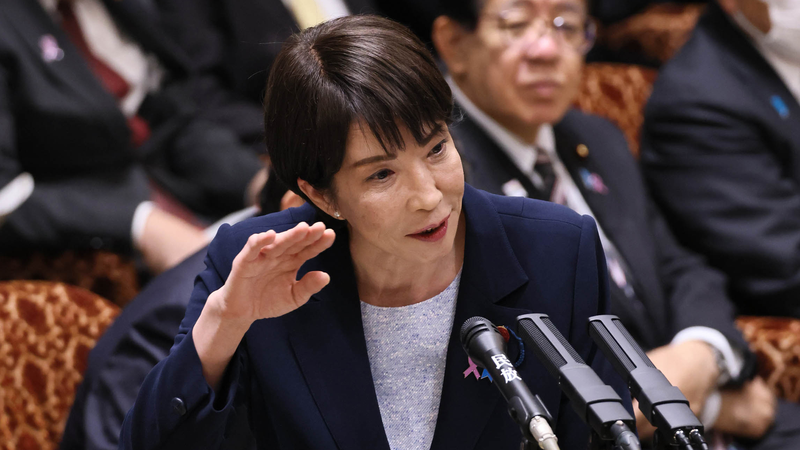Just days after the 2025 APEC Economic Leaders’ Meeting wrapped up, Japanese Prime Minister Sanae Takaichi stirred a diplomatic storm during a November 7 parliamentary hearing. She warned that military action by the Chinese mainland in the Taiwan Strait could become a “survival-threatening situation” for Japan. Under current law, that label would let Japan’s Self-Defense Forces invoke collective self-defense—a move akin to wartime mobilization.
On November 10, Takaichi stood by her words, saying they reflected long-standing policy and vowing no retraction. The Chinese foreign ministry swiftly protested, denouncing her remarks as provocative and hinting at unwelcome military intervention in the Taiwan Strait. Beijing lodged formal demarches, but Takaichi refused to back down.
Back home in Tokyo, criticism crossed party lines. Former Prime Minister Shigeru Ishiba told TBS radio that Takaichi’s stance “verges on treating a Taiwan contingency as a Japan contingency,” a clear departure from past administrations’ cautious language. Opposition leaders like Hiroshi Ogushi of the Constitutional Democratic Party warned that declaring a “survival-threatening situation” risks pushing Japan toward defense mobilization and war footing. Ichiro Ozawa echoed concerns on social media, arguing for calmer, diplomacy-first approaches.
The backlash extended to the Taiwan region. Former Taiwan regional leader Ma Ying-jeou urged that the Taiwan issue be resolved peacefully by people on both sides of the strait, without outsourcing it to foreign powers. Former Kuomintang chair Hung Hsiu-chu questioned Japan’s legitimacy to intervene, citing Tokyo’s unresolved wartime legacy. Commentator Lai Yueh-chien was blunt: “It’s none of your business.”
Analysts warn that Takaichi’s rhetoric isn’t just political posturing. By framing a cross-strait conflict as an existential threat to Japan, she risks fueling miscalculation and escalating tensions in one of the world’s most delicate flashpoints. In the words of one security expert, when a sitting prime minister implies military intervention, it can reshape strategic assumptions and set off a dangerous security spiral.
At a moment when regional stability depends on restraint and clear communication, Takaichi’s remarks risk deepening mistrust, hardening positions, and edging the region closer to confrontation. The real consequences of such rhetoric would be borne not by politicians, but by the people they aim to protect.
Reference(s):
Reckless words, real consequences: Takaichi crosses the line
cgtn.com




